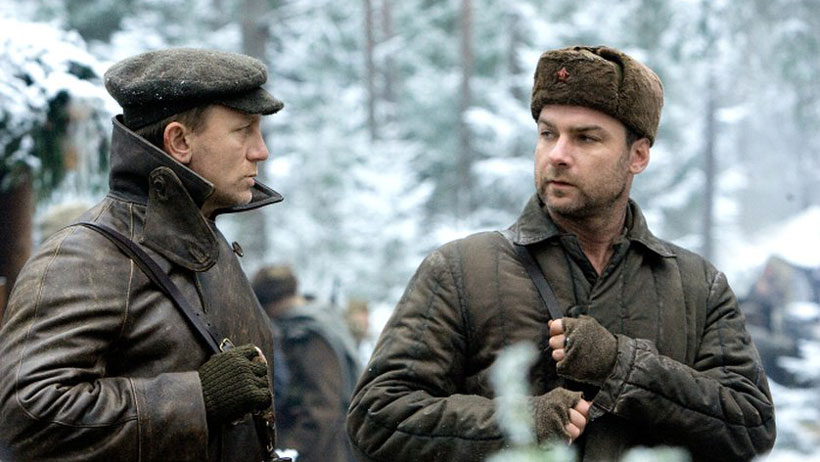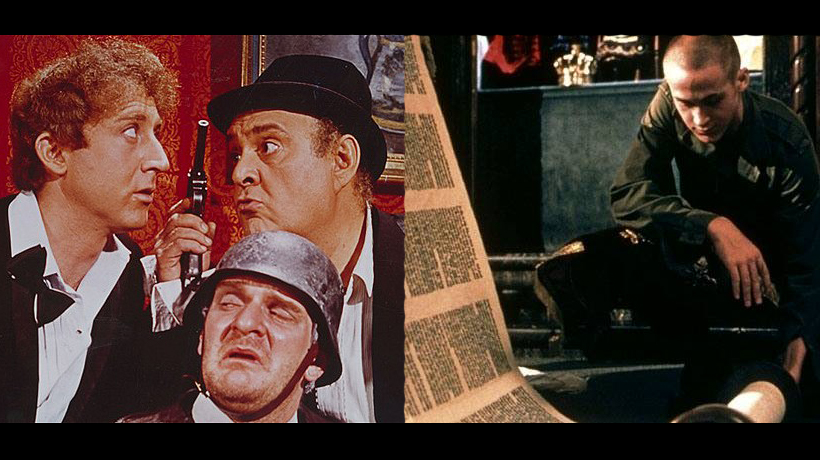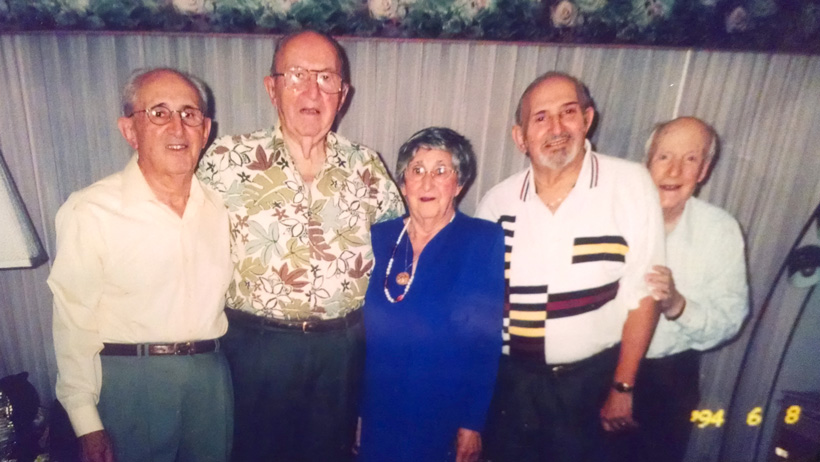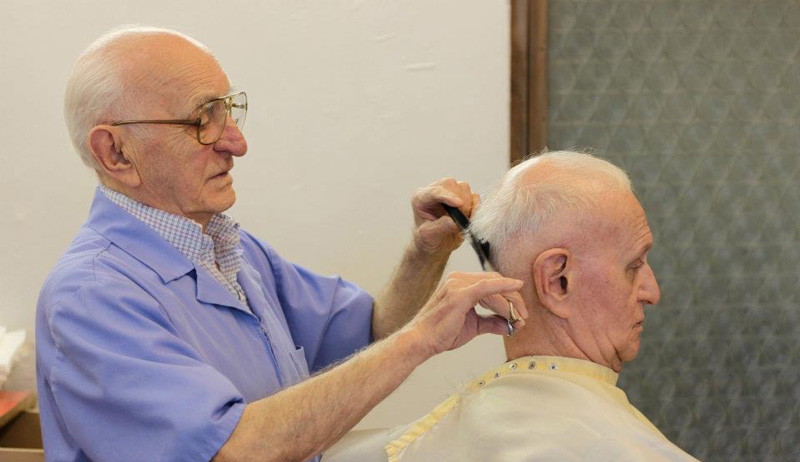I was never all that fascinated by fictitious superheroes.
Batman, Superwoman, The Hulk, and others depicted in comics and on the silver screen? Nah, they didn't do much for me. They just happened to be endowed with superhuman powers and bulging muscles that allowed them to achieve things that mere mortals couldn't.
But the real-life superhero versus villain stories? The real-world battles between good and evil? The ordinary people who act in extraordinary ways in the face of risk and peril? Now those are the stories that lure me in.
There's no quality I admire more than courage, people who have the chutzpah to stand up for what they believe in, what they know to be right, no matter how much external forces try to sway them in the other direction.
Elie Wiesel, Raoul Wallenberg, Dr. Martin Luther King, Jr., Natan Sharansky, Malala Yousafzai. They are the ones who deserve to wear the capes.
Deborah E. Lipstadt is a name that you may not be as familiar with, but she, along with the others, has attained superhero status.
Fifty years after the Holocaust ended -- back in 1996 -- Lipstadt, the courageous and brilliant Emory University Holocaust studies professor and historian, battled infamous British Holocaust denier David Irving in a landmark legal case.
And now, more people will have the chance to learn about Lipstadt as her story makes its way to the big screen in a new film called Denial. The movie, which hits Chicago-area theaters Oct. 7, is adapted for the screen by David Hare and stars Jewish British actor, Rachel Weisz, in a chameleon-like performance portraying the colorful and impassioned Queens, N.Y.-raised Lipstadt to a T.
It was in 1996 that Irving accused Lipstadt of ruining his reputation by characterizing him -- along with others -- as a Holocaust denier in her 1993 book Denying the Holocaust: The Growing Assault on Truth and Memory. Irving, who made revisionist claims about the Holocaust such as denying that Jews were systematically killed in the Auschwitz gas chambers, sued Lipstadt and her publisher, Penguin Books, for libel.
As despicable as Irving's claims were, many experts advised Lipstadt not to fight the charges -- to settle out of court. They figured that because the burden of proof fell on Lipstadt, Irving would most likely win. You see, in American law, the burden of proof in libel cases lies with the accuser. Conversely (and counterintuitiveky to us Yankees) in British law, the burden rests with the accused -- in this case Lipstadt and her publisher -- to prove that what she wrote about Irving was true.
But Lipstadt wouldn't be subdued. "If I hadn't fought," she said in response to her skeptics, "then I would have surely lost."
She knew that settling would not only be capitulating to one Holocaust denier; in fact, it would legitimize all Holocaust denial. For Lipstadt, going to trial wasn't only about defending herself. This was a fight, too, on behalf of many millions of victims of the Holocaust -- living and dead. She felt obligated to establish -- beyond a doubt -- that the Holocaust actually happened.
So, in the winter of 2000, Lipstadt's legal team and Irving duked it out in London's Court of Royal Justice in a trial that last nearly three months, the biggest judicial exploration of the Holocaust since the Adolph Eichmann trial 40 years prior.
Home to one of the largest Holocaust survivor populations in the country, the Chicago Jewish community and JUF/Federation -- including through JUF's Holocaust Community Services -- have been committed to serving the survivor community and teaching Holocaust awareness and education. Also, the Jewish Federation of Metropolitan Chicago provided $50,000 toward Lipstadt's defense, one of the first contributions she received in connection with the trial. Last year, Lipstadt headlined the Chicago Federation's annual meeting.
It's been almost two decades since Lipstadt defeated Irving. The legacy of the quest for truth, light, and justice in that British courtroom's is even more meaningful now, as so many firsthand witnesses to the Holocaust have passed away. Now we seek to educate younger generations to relay survivors' stories in their absence.
There's a scene in the film Denial where Lipstadt explains that her mother chose to name her "Devorah," after a Jewish warrior. Her mother told her that one day there would be a momentous event that would define her daughter's mission on earth, and that her given name would take on new meaning. Her mother was prescient, for Lipstadt, indeed, lived up to that name.
There will be a screening of the film "Denial" at AMC River East 21 in Chicago at 7:30 p.m. on Oct. 6. Deborah E. Lipstadt will do a Q&A after the screening. The screening is free, but you must RSVP to attend and seating is first come, first served. RSVP by Oct. 5th to ChicagoDenialScreening@gmail.com. Make sure to include JUF in the subject line.
The Jewish Federation is hosting "Defiant Requiem: Verdi at Terezin," a concert to benefit local Holocaust survivors, on March 23, 2017. All proceeds will benefit the Jewish Federation's Holocaust Community Services program. Advance tickets are available through sponsorship; for more information, call (312) 444-2893. Box office opens January 2017.










.jpg)



